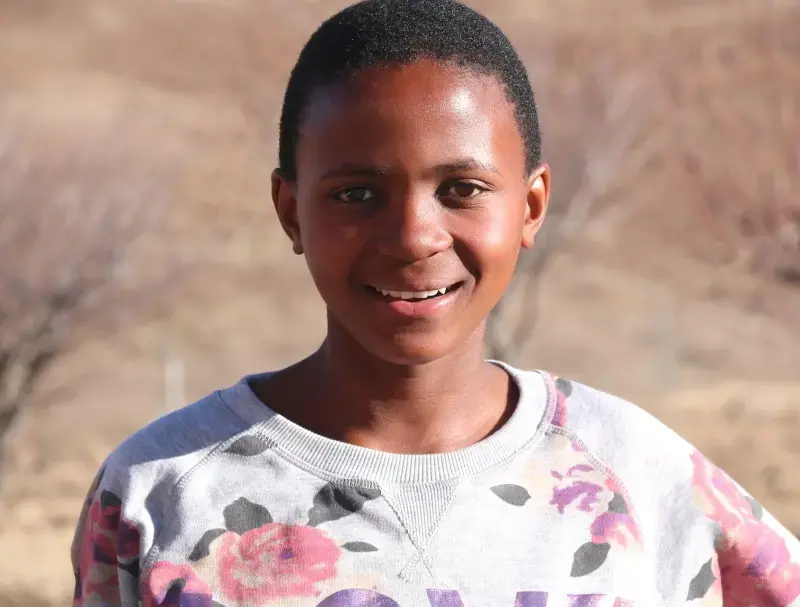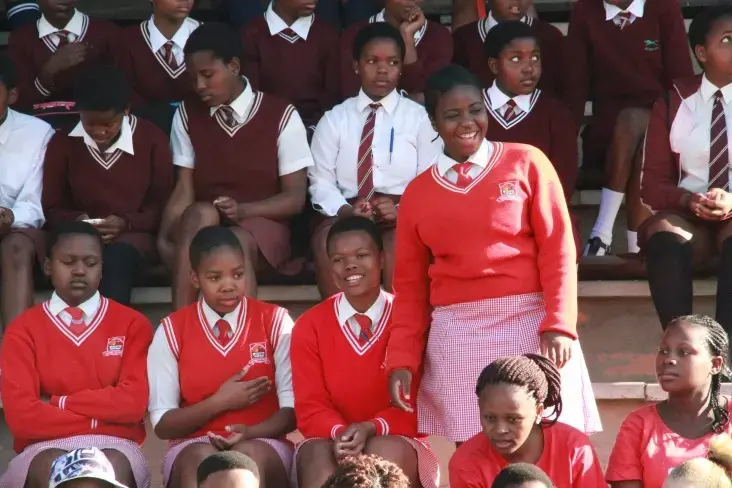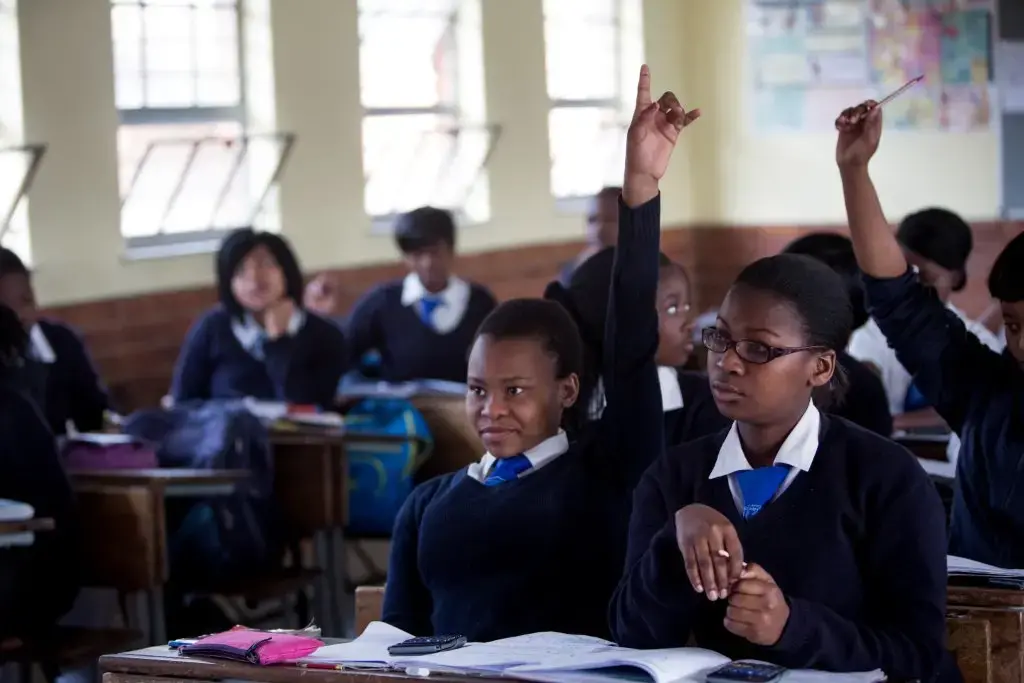MOCIMBOA DA PRAIA, Mozambique — Josefina, a 12-year-old girl living in Mozambique, wanted to leave school behind and become a mother. This was until a community-based activist introduced her to the risks that she faced if she acted on her decision.
Josefina lives in Mocimboa da Praia District in the northern province of Cabo Delgado. Unfortunately, in this province, her mindset is not uncommon. Current trends indicate that 54 per cent of young girls aged 15 to 19 years are already mothers or are pregnant.
The province of Cabo Delgado also has the highest maternal mortality ratio in the country, at 822 deaths per 100,000 live births. It is significant that the large majority – 702 of these deaths – are of girls and women aged 15-24 years. This trend is closely associated with a low contraceptive prevalence rate of 2.9 per cent in the province.
In response to this critical situation, the United Nations Population Fund, UNFPA in Mozambique supports the community-based distribution of contraceptives and family planning services and information to people in remote communities, through Associação Moçambicana para o Desenvolvimento da Família (AMODEFA), an IPPF-affiliated non-governmental organization.
Family planning services reach remote communities
The woman who made a difference in Josefina’s life is Faustina Diamond, 40, an AMODEFA activist from Diaca. Working in the community in which Josefina lives, she discussed with the young girl her urge to become a mother. Faustina gave Josefina a different perspective to motherhood by discussing the potential risks and consequences of becoming a mother while she was still a child. “I talked to her about the benefits of postponing motherhood and introduced her to the different methods of family planning,” she explains.
Faustina became an activist a year ago. She travels through difficult rural terrain to reach people in distant communities with information about family planning. Several times a month she joins her fellow activists at ‘family planning brigades’, which include the use of theatre, community dialogue and individual consultations, to help inform communities.
“People are starting to value our work and appreciate the difference family planning can make in their lives,” she says.
Girls’ empowerment
Since being taken under Faustina’s wing, Josefina has changed her mind about early motherhood and instead, has decided to continue with her education. Convinced that this is the right path for her, she has also begun mobilizing her peers to consult on the benefits of family planning.
As a result of the AMODEFA intervention, it has become crystal clear to Josefina that her role in helping to prevent early pregnancy and improve women’s health in her community is vital. She is aiding people like Ameha, a 14-year-old girl attending the brigade, who dreams about becoming a nurse: “For someone at my age to become a mother is not right – we are still children,” she says.
— Helene Christensen





